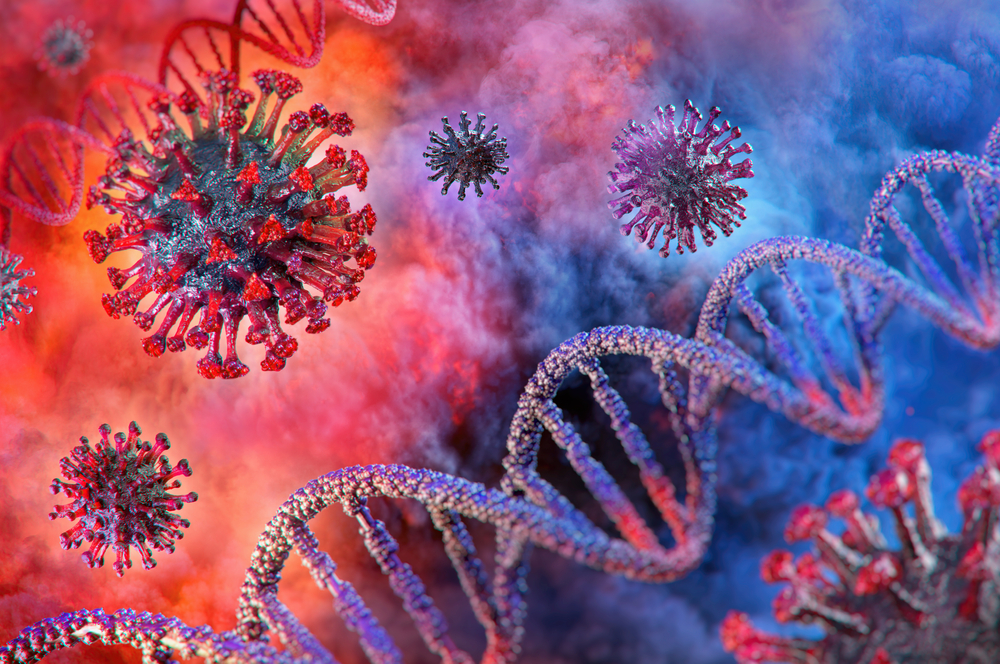
Those infected by SARS-CoV-2 — the newly identified virus which causes COVID-19 — could walk around without symptoms for an average of five days, but as many as 12, according to new U.S.-based research.
Through analysis of cases from China and abroad, the team determined that anyone still symptom-free by day 12 is unlikely to develop any, but could still be infectious carriers. In this regard, the research was an acknowledgment of ongoing practices, which have traditionally seen potential infectees quarantined or isolated for up to 14 days. Still, for every 100 individuals quarantined for that length of time, the Annals of Internal Medicine report found that one might develop symptoms after release.
“These estimates imply that, under conservative assumptions, 101 out of every 10 000 cases (99th percentile, 482) will develop symptoms after 14 days of active monitoring or quarantine,” the authors wrote. They did note, however, that longer monitoring periods might be justified in extreme cases.
The respiratory disease COVID-19 has infected more than 110,000 people since January, according to the World Health Organization, and sent entire countries like China and Italy into lockdown. It has proven particularly deadly to the elderly and the immunocompromised, though the majority of infectees experience only mild symptoms.
The authors of this report cautioned that SARS-CoV-2 was recently shown to be transmittable by mildly symptomatic and asymptomatic individuals, which means that the period from exposure to infectiousness could very well be shorter than this estimated incubation period. Precautions should be taken, as the full extent of its transmission capabilities remain unknown.
Researchers from Johns Hopkins Bloomberg School of Public Health filed this report, with support from the U.S. Centers for Disease Control and Prevention, National Institute of Allergy and Infectious Diseases, National Institute of General Medical Sciences, and Alexander von Humboldt Foundation.




